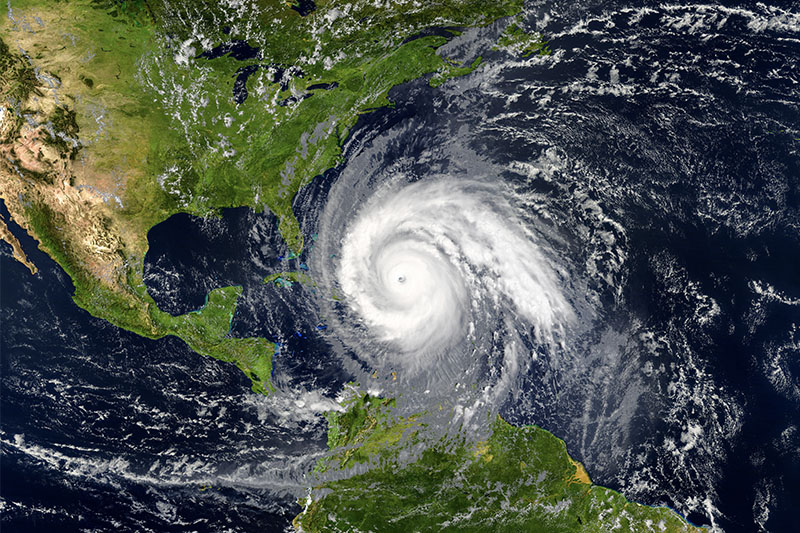Environmental Health Sciences Department: At a Glance
Department of Environmental Health Sciences Overview
The Tulane University Department of Environmental Health Sciences (EHS) understands that the health of communities is inextricably linked to the environment, and the groups who environmental hazards affect the most are often also the most vulnerable. That’s why EHS has designed innovative graduate programs to create public health leaders with the skills to assess, examine, and address the environmental factors that impact health.
Through multifaceted research and hands-on, experiential learning in public, private, and nonprofit sectors around the world, students develop a comprehensive understanding of our environment — from the physical, chemical, and biological aspects to society and policy — and gain the tools to empower people everywhere with the opportunity to live healthy lives.

Online MS in Health Security
The Tulane University Master of Science (MS) in Health Security equips professionals to lead in the face of emerging health threats — from pandemics and bioterrorism to extreme weather-related disasters and public health emergencies. Designed to reflect the evolving demands of the field, the interdisciplinary program prepares students to protect population health by bridging environmental health and exposure sciences, leadership, and public health policy to build more resilient communities. Upon completion of the program, graduates will be strong fits for roles in health systems; private sector risk management; government agencies such as the CDC, FEMA, HHS, and EPA; and NGOs.

Online MSPH in Industrial Hygiene
The Online Master of Science in Public Health in Industrial Hygiene gives students the skills and knowledge needed to effectively identify workplace hazards, comply with government regulations, and manage occupational exposures and risk. Through a curriculum focused on harnessing analytical methods in environmental and workplace monitoring, students learn how to identify exposures, estimate risk, improve work practices, and promote protective equipment to control potential health hazards. They graduate with the tools to anticipate, recognize, evaluate, and control workplace conditions to prevent injury or illness in workers and create safer, more effective work environments.